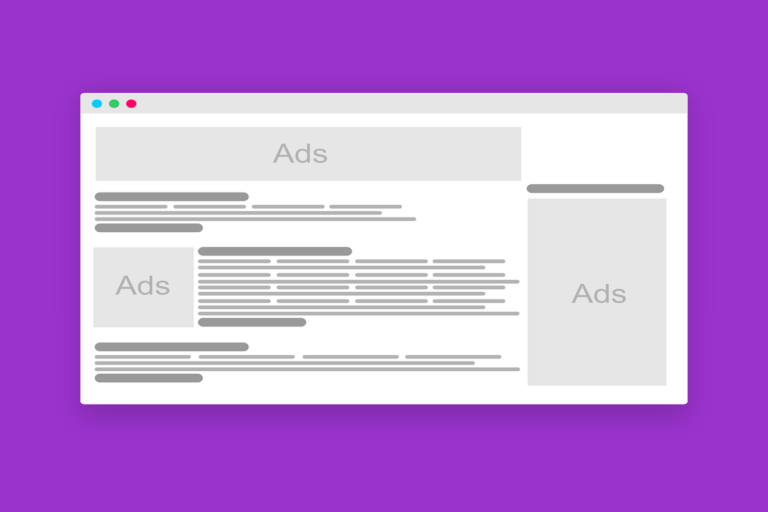Programmatic advertising has become a popular term in the marketing world. But what exactly does it do? What distinguishes it from conventional display marketing? Continue reading to learn all you need to know about programmatic advertising and how well it fits in the modern marketing industry.
Introducing The Programmatic Advertising
Programmatic advertising represents an automated method of buying and selling digital advertising space in real-time. It allows advertisers to target specific audiences with precision and scale, using data and artificial intelligence (AI) to make informed decisions about where to place their ads.
Typically, the programmatic advertising process begins when a user visits a website or opens an app. Information about the user, such as their browsing history, location, and demographics, is collected and used to create a profile. Advertisers then use this information to target specific users with relevant ads displayed on the website or app in real time.
Programmatic advertising has become increasingly popular due to its efficiency and effectiveness. It allows advertisers to reach a highly targeted audience with relevant ads, resulting in higher engagement rates and better return on investment (ROI). There are several types of programmatic advertising, including real-time bidding (RTB), programmatic direct, and private marketplace (PMP) deals.
Programmatic Ads vs. Display Ads
These are two distinct aspects of digital marketing. Programmatic advertising is defined as a unique publishing strategy, whereas display advertising is all about specific ad formats. Some programmatic advertising may include display ads, and some display advertisements may be automated. That is why these two words can be used interchangeably.
Considering display and programmatic ads as two parts of a larger marketing plan can help you increase the return on ad spend (ROAS). Your advertising strategy will probably revolve around reaching as many potential consumers as possible with your goods/services. However, your business model may also influence how many individuals you expect to reach.
You will, however, be restricted to the publishing partners of that private network if you only use it. On the other hand, a demand-side platform (DSP) simplifies the process of purchasing ad inventory across various ad exchanges and display networks.
The majority of display networks handle all common ad formats, including HTML5, rich media, videos, and images. Also, DSPs have access to a wider variety of ad inventories in addition to supporting all main ad formats.
How Programmatic SEO Can Boost Your Digital Marketing Success?
The tactic of publishing distinctive, high-quality sites at scale with the aid of a database and a template is known as programmatic SEO.
Programmatic SEO aims to produce as thorough and in-depth content as a conventionally published article but is distributed thousands, if not millions, of times. Depending on size, a programmed site can have 200 pages or 4 million. The secret is ensuring each website has a specific function during the search process.
Building a database, linking it to a template, and posting thousands of pages are simplified processes of programmatic SEO. Programmatically creating material is a potent tool that can completely spam or grow a site exponentially. We need to start thinking broader, or should I say, “deeper,” about our content if we want to be a real player in SEO growth.
Traffic is unlocked in the internet’s crevices and recesses by programmatic SEO. Picking a few keywords, paying for content, publishing the article, and hoping it ranks for a number of terms are no longer necessary. Now, we can use a single template for targeting entire categories and capturing all open searches.
What about Programmatic Media Buying?
In contrast to conventional (often manual) digital advertising, programmatic advertising refers to using AI technology for media buying (the process of purchasing advertising space). Ads are served to the right user at the right moment and at the right price, thanks to programmatic media buying, which uses data insights and algorithms.
To comprehend this process, you need to be familiar with the terminology used in programmatic media purchasing. Real-time auctions are typically used to buy advertising assets. Advertisers can target the correct group by purchasing per impression through programmatic channels. Programmatic media buying ensures speed and efficiency that cannot be matched by conventional media buying because the process is automated.
The conventional media purchasing process is labor-intensive and slow because it typically involves numerous requests for proposals (RFPs), negotiations, and manual insertion of orders (IOs).



